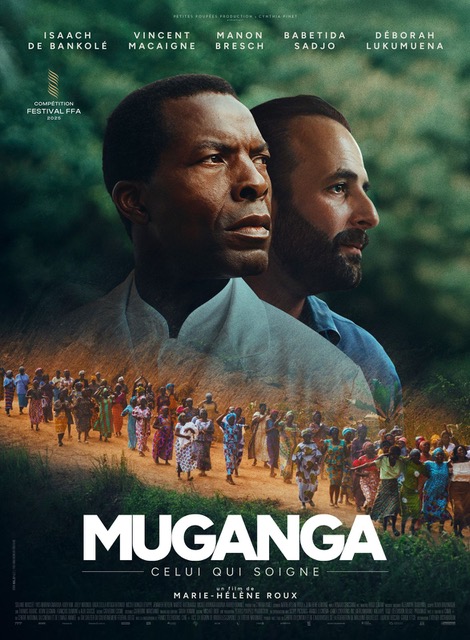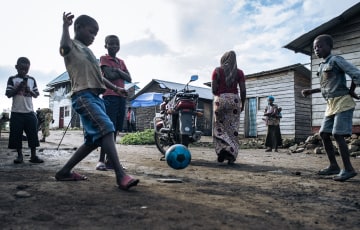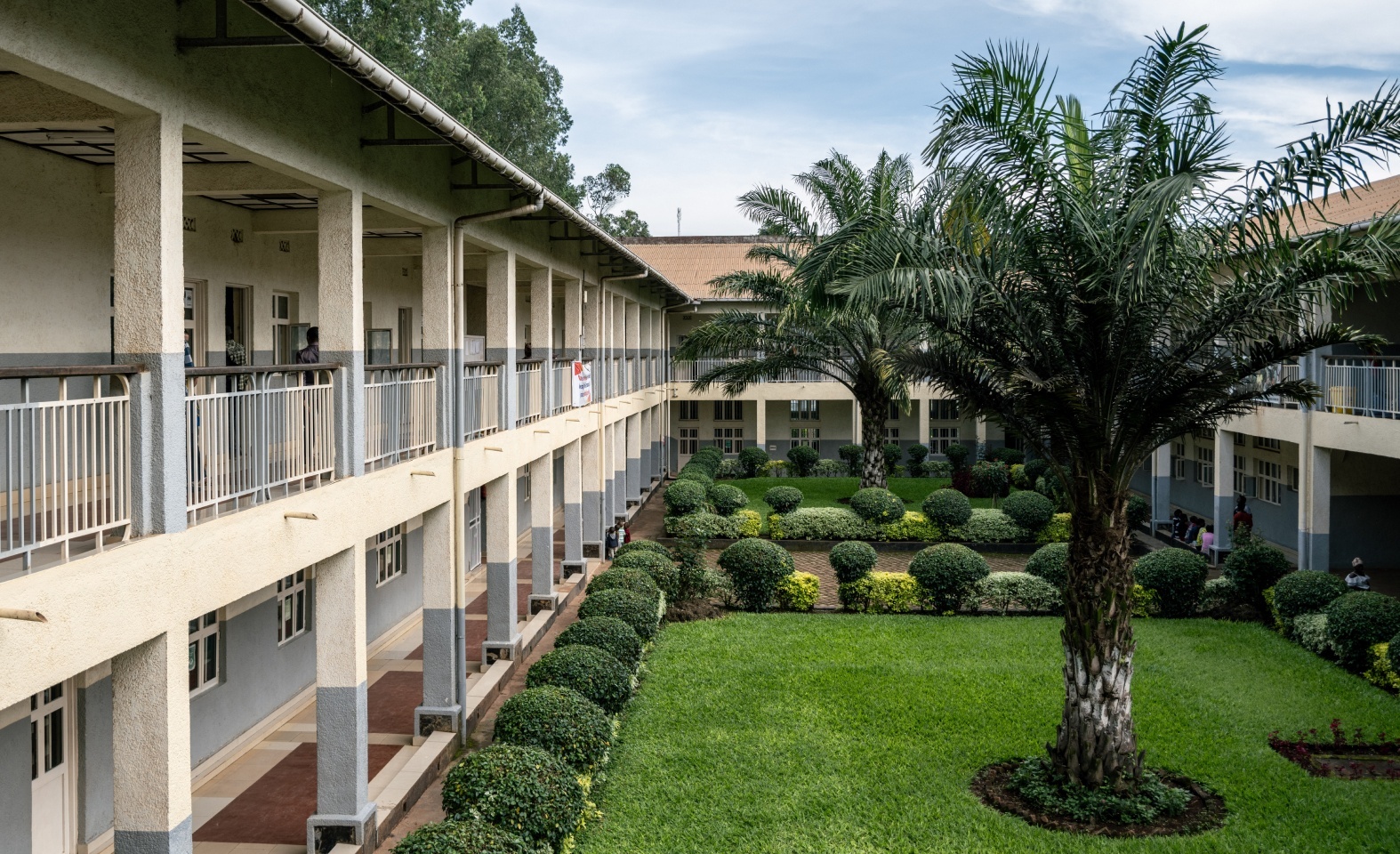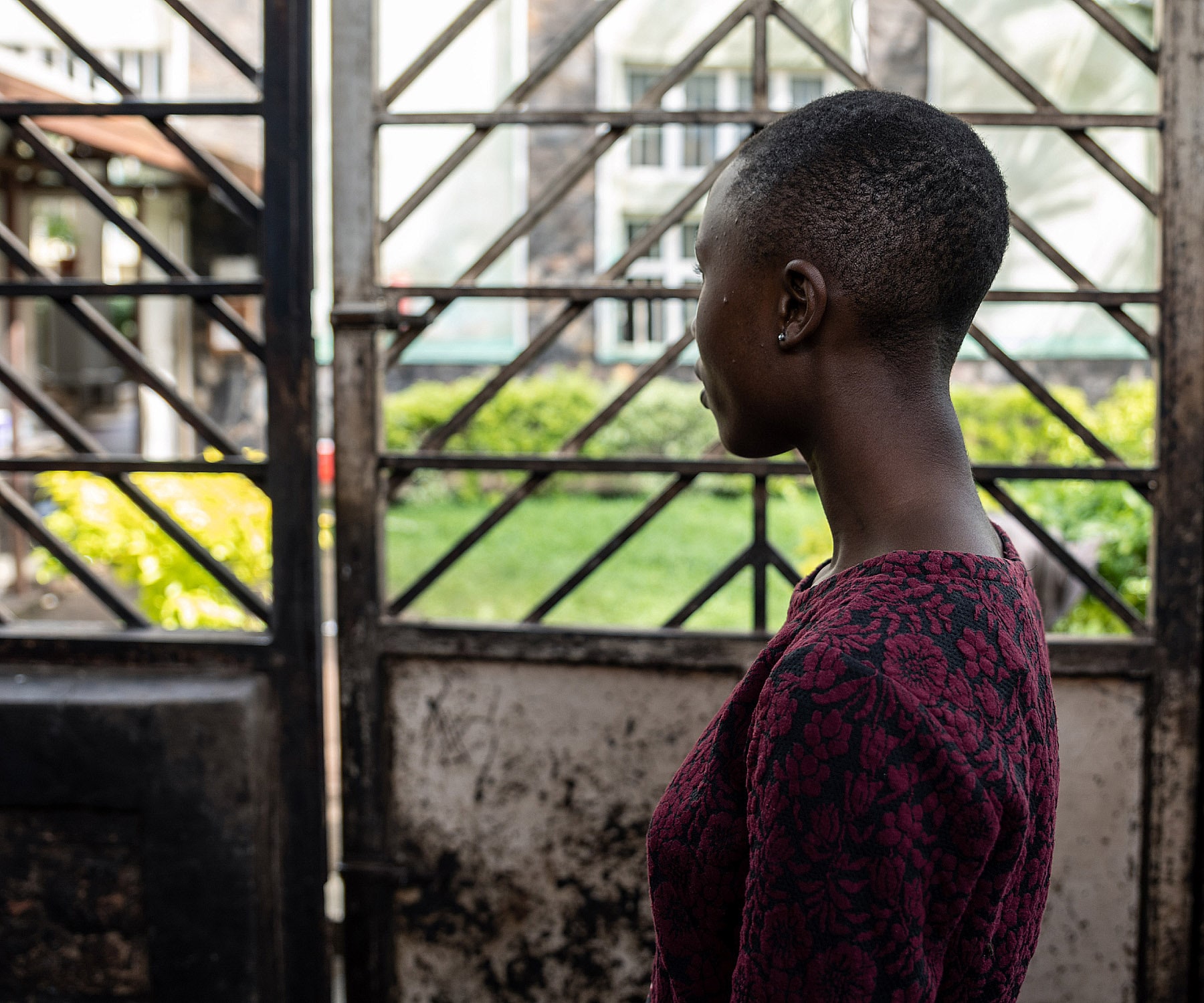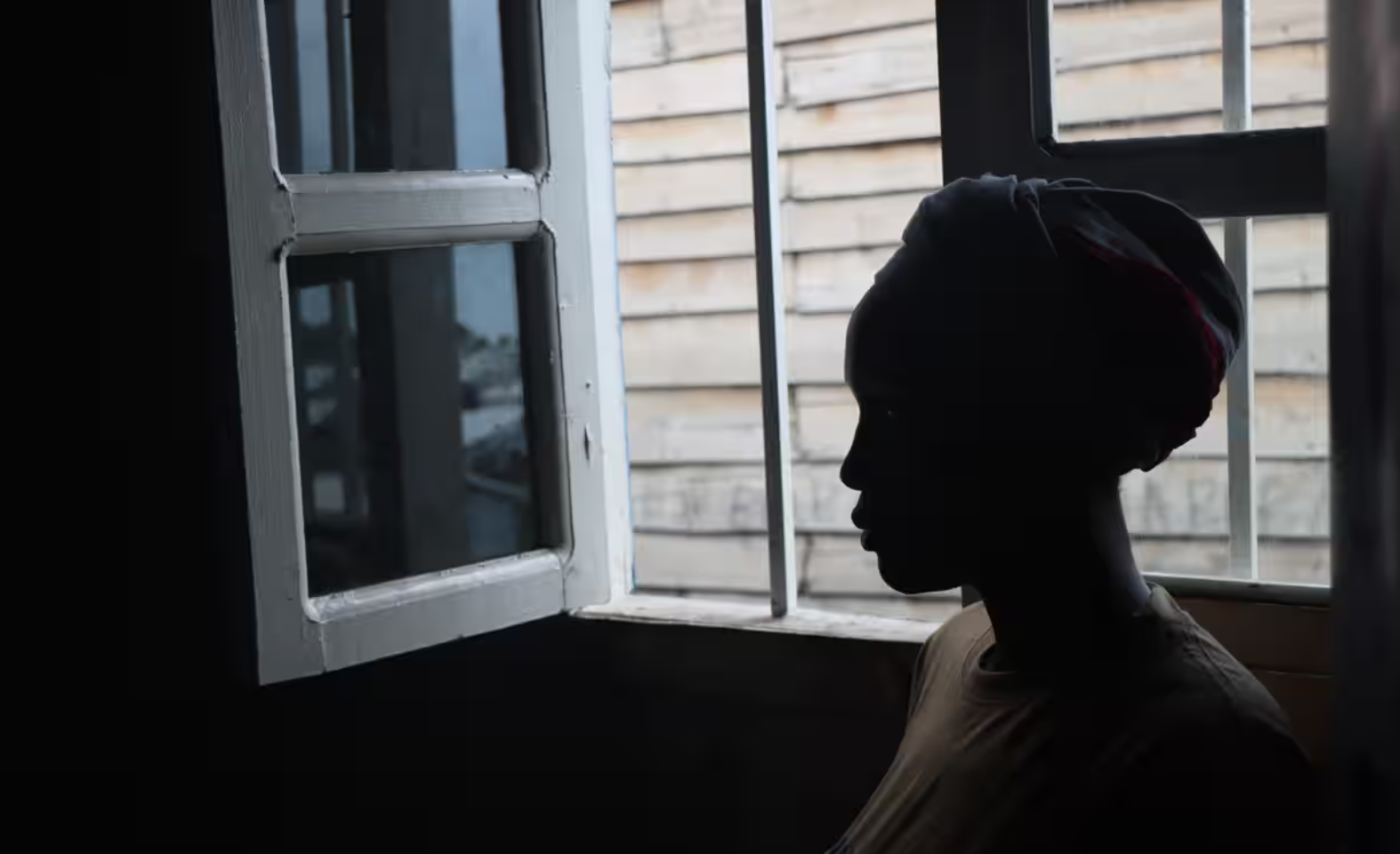Bukavu June 5, 2020 — Statement by Dr. Mukwege on the 20th Anniversary of the “Six Day War” in Kisangani / DR Congo between the Rwandan Patriotic Army and the Uganda People’s Defense Force
“From June 5 through 10, 2000, the Rwandan Patriotic Army (APR) and the Uganda People’s Defense Force (UPDF) clashed in Kisangani. The two sides carried out indiscriminate heavy weapon attacks, killing between 244 and 760 civilians, sources said, injuring more than 1,000 and displacing thousands. The two armies also destroyed over 400 private residences and severely damaged public and commercial property, places of worship, including Notre Dame Catholic Cathedral, educational facilities, and health facilities, including hospitals.”
This extract from the 2010 United Nations Mapping report on the most serious violations of human rights and international humanitarian law describes the so-called “6-day War.” We invite our fellow Congolese to appropriate the content of this report which documents one of the darkest parts of our country’s history.
This Friday, June 5, 2020 marks the 20th anniversary of these war crimes and crimes against humanity committed by foreign armed forces on Congolese soil.
Heavy weapon clashes between Rwandan and Ugandan forces held civilian populations hostage and resulted in large-scale massacres in Kisangani, as well as extensive property and environmental damage. This unprecedented violence washed away the dreams, hopes, and ingenuity of hundreds of our compatriots in a river of blood and tears.
These most serious crimes and their devastating consequences cannot be forgotten. They are imprescriptible. No immunity, compromise or “realpolitik” can be invoked to evade the responsibilities of the perpetrators. Victims and their families have the right to truth, justice, reparations and assurances that it will not happen again.
Our Nation must refuse resignation so that the flame of remembrance never goes out and is transferred to future generations. It is essential for our dead and survivors to keep their memories alive. Forgetting would be a capitulation to the horror, a second death for the victims, and a dishonor for all of us.
We invite the authorities of the Democratic Republic of Congo (DRC) to support the construction of memorials on the mass graves of our sisters and brothers struck by human barbarity. After decades of denial, the time has come to put in place mechanisms for establishing truth and justice for reconciliation, and real and lasting peace. This is so that our children are not deprived of the memory of their parents and therefore of their identity, and can build a better tomorrow together.
Memory is essential to the life of our Nation and to history. All of the vital forces of our country – civil society, schools, and universities, should vigorously embrace their role in passing it on. A peaceful future cannot be built on forgetfulness, or the feeling of humiliation and resentment in the face of so much cruelty.
We once again call for the establishment of an International Criminal Court for the DRC and / or mixed specialized courts and the implementation of far-reaching reforms in the security and justice sectors. We urge the Congolese authorities to continue negotiations with Uganda to find ways to implement the 2005 judgment of the International Court of Justice ordering the Ugandan state to repair the damage caused on Congolese territory. We also call on the Congolese authorities to initiate a sincere dialogue with Rwanda with a view to strengthening judicial cooperation to facilitate the administration of justice for crimes within the region.
It is time to put an end to the organized chaos in the DRC: the Congolese authorities and the international community can no longer accept the repeated violations of our sovereignty and the attacks on the territorial integrity of our country by foreign armed forces or by armed forces supported by neighboring states—serious violations of international law which unfortunately continue to this day.
